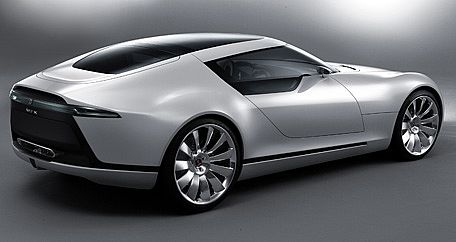
A hybrid electric vehicle (HEV) has two engines: electric and combustion. The car generally runs on one or the other until the driver needs more power or faster acceleration than either of the two small engines can deliver alone. At that point they operate in concert. HEVs are low emission, fuel efficient and downright slick.
Decide what type of hybrid you want. There are Super Ultra Low-Emission Vehicles (SULEV), Ultra Low-Emission Vehicles (ULEV) and Partial Zero Emission Vehicles (PZEV), which is the cleanest possible model except for battery electric or hydrogen fuel cell vehicles.
Evaluate how and where you drive your current vehicle to decide whether an HEV is right for you. Hybrid vehicles are terrific for urban and suburban driving: The short trips and stop-and-go traffic make for impressive fuel savings, if your car runs on an electric engine at low RPMs. Cars that run on combustion engines with an electrical assist, such as the Honda Civic Hybrid, will see less difference between highway and city driving gas usage.
Decide whether you can live with the limited choice of HEVs on the market. There are currently very few models to choose from, although many manufacturers have hybrid concept cars in development or demonstration stages. If you're not satisfied with the current choices, more will come on the market eventually.
Be prepared to spend several thousand dollars more on an HEV than a comparable gas-powered vehicle, due to low production numbers and mechanical complexity.
Research the availability of the car where you live and check the manufacturer's Web site to see where you can have repairs made. Auto shopping sites list the typical cost of ownership on available models.
Follow the steps in How to Buy a New Car.